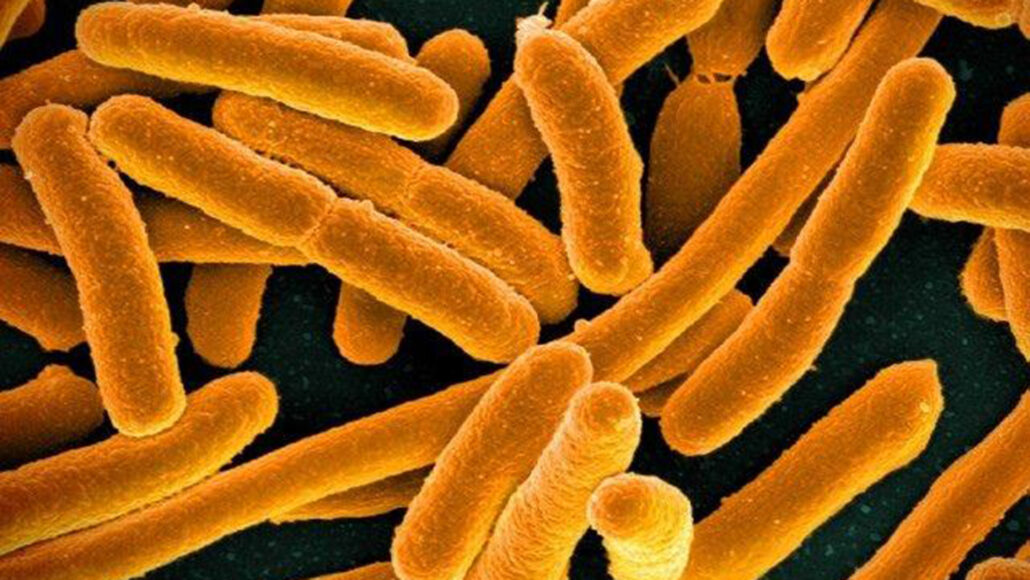HOME
Some E. coli set off viral grenades inside nearby bacteria

Some bacteria can trigger unexploded viral grenades in neighboring bacteria’s DNA.
Certain Escherichia coli bacteria, including some that live in human intestines, make a chemical called colibactin. That chemical awakens dormant viruses inside nearby bacteria, sometimes leading to their destruction, researchers report February 23 in Nature.
This type of biological warfare among bacteria hasn’t been described before. “It’s an interesting strategy, and it’s also a dangerous strategy,” says Heather Hendrickson, an evolutionary microbiologist at the University of Canterbury in Christchurch, New Zealand, who was not involved in the work.
Colibactin producers must creep up on their bacterial enemies and trigger the unexploded ordinance hiding in the enemies’ DNA. Those grenades are prophages — bacteria-infecting viruses that have inserted themselves into their hosts’ DNA, where they hide out harmless and dormant until something triggers their awakening. That something, in this case, is DNA damage caused by colibactin.
News Source